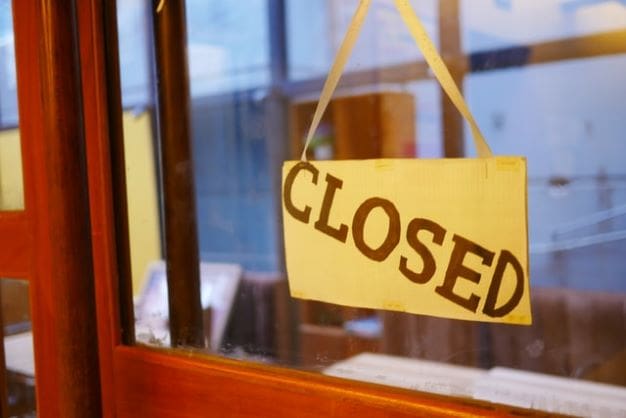
Will this replace the U.S. Dollar?
Can you believe this?
Inflation is so high that people are creating new currencies!
This is more proof that people are scared.
They know fiat assets are close to collapsing.
And they are rushing into physical assets to protect themselves! But probably the best physical asset you can have is real estate!
Why? Because regardless of what currencies exist, you can trade your real estate for a small fortune in ANY of them.
It doesn’t matter if Bitcoin becomes the official currency…
… or if the USD survives.
… or if this “Gold Back” currency takes off.
No matter what, your savings will be invested in something that has fundamental value.
Meaning inflation won’t hurt you! And even better than that. If you invest in real estate tax liens, you could pay 50% less than retail value… AND make 16% guaranteed interest on tax liens that don’t default.
To be honest, there are few better investing opportunities than tax liens in 2022.
>> Click here to learn more and see how to do your first tax lien deal.
Did The Stock Bubble Just Pop?
The Dow has collapsed by 1,100 points!
This happened in one day, and none of the so-called stock market “experts” predicted it.
While many investors were shocked by this sudden mini-crash… and now scared stiff of the incoming bubble pop… I am not.
Why? Because I’ve been burned by the ups and downs of Wall Street before.
And I promised myself it would never happen again!
(I mean, can you imagine this happening the day before starting your retirement? NO THANK YOU!)
Which is why I now find, buy and profit from tax lien deals using nothing but my laptop and a cup of coffee by my side.
Because I know I can:
- Make money in any market.
- Not have to worry about keeping a perfect credit score.
- Make 16% ROI, guaranteed by the government.
- Buy homes for 50% less than their retail value.
Want to see how I do it?
>>> Click here to learn more about my step-by-step process
If you are anything like I used to be, this will be the most important move of your life.
So do it now.
You can learn more from our free and informative workshops. Join us: https://www.tlwbevents.com/workshop










